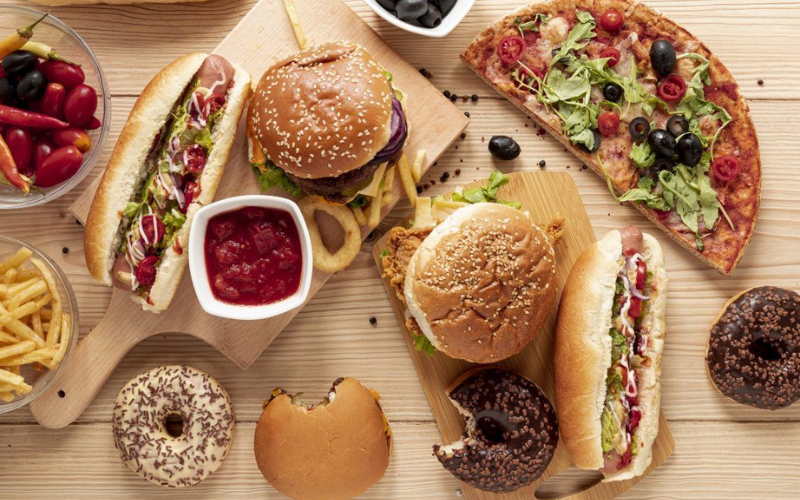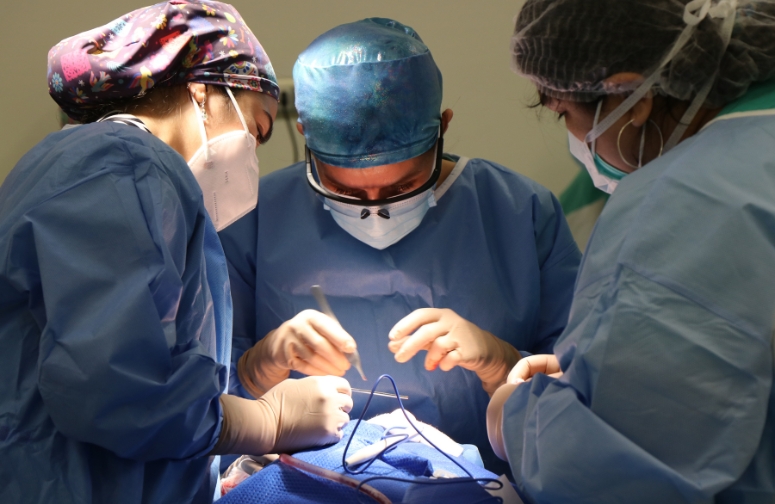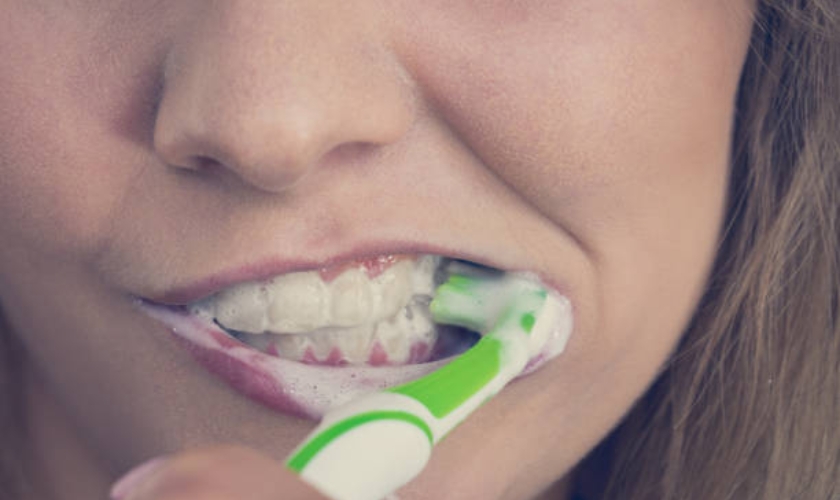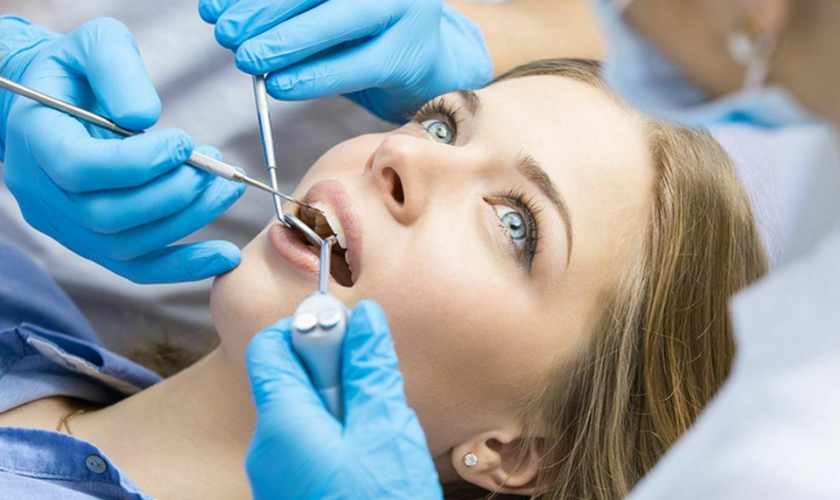
Recovering from oral surgery can be challenging, especially when it comes to managing discomfort and maintaining a nutritious diet. However, the right foods can significantly speed up your recovery process, helping to promote healing and reduce inflammation.
This guide will explore various foods and dietary tips that can enhance your oral surgery recovery, ensuring you get back to your normal routine as quickly and comfortably as possible.
Importance of Nutrition Post-Surgery
After oral surgery, your body needs adequate nutrients to heal effectively. Proper nutrition plays a crucial role in:
- Tissue Repair: Nutrients such as proteins, vitamins, and minerals help in tissue repair and recovery.
- Reducing Inflammation: Certain foods can help manage inflammation, leading to less swelling and discomfort.
- Boosting Immunity: A strong immune system can prevent infections and complications during recovery.
Incorporating specific foods into your diet can provide your body with the tools it needs to heal efficiently.
Essential Nutrients To Focus On
- Protein: Crucial for tissue repair. Found in meats, eggs, dairy, and legumes.
- Vitamin C: Aids in collagen production, which is necessary for healing. Found in citrus fruits, strawberries, and bell peppers.
- Zinc: Supports immune function and wound healing. Present in nuts, seeds, and whole grains.
- Omega-3 Fatty Acids: Helps reduce inflammation. Sources include fatty fish, walnuts, and flaxseeds.
- Fiber: Aids digestion, especially important if medications cause constipation. Found in fruits, vegetables, and whole grains.
Top Foods To Include In Your Post-surgery Diet
1. Creamy Smoothies: A Nutrient Powerhouse
Smoothies are a fantastic way to pack in nutrients without requiring much chewing. They can be customized to your taste and dietary needs.
- Ingredients to Consider:
- Yogurt or Milk: Rich in protein and calcium.
- Fruits: Bananas, berries, and mangoes provide vitamins and natural sweetness.
- Leafy Greens: Spinach or kale for added vitamins without altering flavor.
- Nut Butter: For healthy fats and protein.
2. Mashed Potatoes: Comfort Food with a Twist
Mashed potatoes are a classic comfort food that can be enriched to aid oral surgery recovery.
- Tips to Enhance Nutritional Value:
- Add Greek Yogurt or Cottage Cheese for extra protein.
- Mix in Steamed Vegetables like carrots or cauliflower for added vitamins and fiber.
3. Nourishing Soups and Broths
Warm, soothing soups can provide hydration and essential nutrients. Opt for homemade or low-sodium varieties to avoid excess salt.
- Recommended Soups:
- Chicken or Vegetable Broth: A great source of hydration and nutrients.
- Pureed Soups: Tomato, butternut squash, or lentil soups offer a blend of vitamins and minerals.
4. Soft Fruits: Sweet and Healing
Soft fruits are gentle on the healing tissues and packed with vitamins.
- Top Choices:
- Bananas: Easy to mash and rich in potassium.
- Applesauce: A tasty way to consume fiber and vitamins.
- Berries: High in antioxidants; ensure they’re soft enough for easy consumption.
5. Eggs: Versatile and Easy To Prepare
Eggs are a powerhouse of nutrition and can be prepared in various soft forms.
- Cooking Ideas:
- Scrambled Eggs: Light, fluffy, and packed with protein.
- Poached Eggs: Gentle on the mouth and nutritious.
6. Soft Grains: Gentle Energy Sources
Grains can provide necessary carbohydrates and energy while being easy to eat.
- Recommended Options:
- Oatmeal: Warm, comforting, and customizable with fruits or honey.
- Cream of Wheat: Smooth texture and easy to swallow.
- Rice or Quinoa: Cooked soft, these grains can accompany other dishes.
7. Dairy Delights: Calcium and Comfort
Dairy products are rich in calcium and protein, essential for healing.
- Best Choices:
- Yogurt: Look for low-sugar varieties, and add fruits for flavor.
- Cottage Cheese: Soft, nutritious, and can be enjoyed alone or mixed with fruits.
Foods To Avoid: The Don’ts of Recovery

While certain foods promote healing, others can hinder your recovery. It’s best to avoid:
- Hard or Crunchy Foods: Nuts, chips, and crusty bread can cause discomfort.
- Spicy Foods: They may irritate the surgical site and cause pain.
- Acidic Foods: Citrus fruits and tomato-based products may lead to irritation.
- Alcohol: Can slow down the healing process and interact negatively with pain medications.
- Sticky Foods: Caramel or chewing gum can dislodge sutures and be difficult to manage.
Creative Meal Ideas for Oral Surgery Aftercare
Eating should be enjoyable, even when recovering. Here are some creative meal ideas that incorporate the foods mentioned:
Smoothie Bowl
Blend your favorite fruits with yogurt, pour it into a bowl, and top with soft toppings like mashed bananas or a sprinkle of cinnamon.
Savory Mashed Potato Bowl
Create a layered dish with mashed potatoes, topped with soft vegetables, and a dollop of Greek yogurt for extra protein.
Healing Soup Combo
Serve a pureed soup with a side of soft bread or crackers for dipping.
Breakfast Parfait
Layer yogurt with applesauce and soft fruits for a nutritious and delicious breakfast.
Tips for a Smooth Recuperation!
In addition to incorporating these foods into your diet, consider the following tips for a successful recovery:
- Stay Hydrated: Drink plenty of water and avoid straws, as suction can dislodge clots.
- Eat Smaller, Frequent Meals: This approach can help manage discomfort and ensure you’re getting enough nutrients.
- Listen to Your Body: Pay attention to how different foods affect your comfort level, and adjust accordingly.
Oral surgery recovery doesn’t have to be a painful ordeal filled with bland, unappetizing foods. By focusing on nutrient-rich, soft options like smoothies, mashed potatoes, and nourishing soups, you can enhance your healing process while enjoying a variety of flavors. Avoiding hard and irritating foods will further aid in your recovery.
With the right approach, you’ll be on the road to recovery in no time, ready to enjoy all the foods you love once again. Remember to consult your healthcare provider for personalized dietary recommendations tailored to your unique situation. Happy healing!





